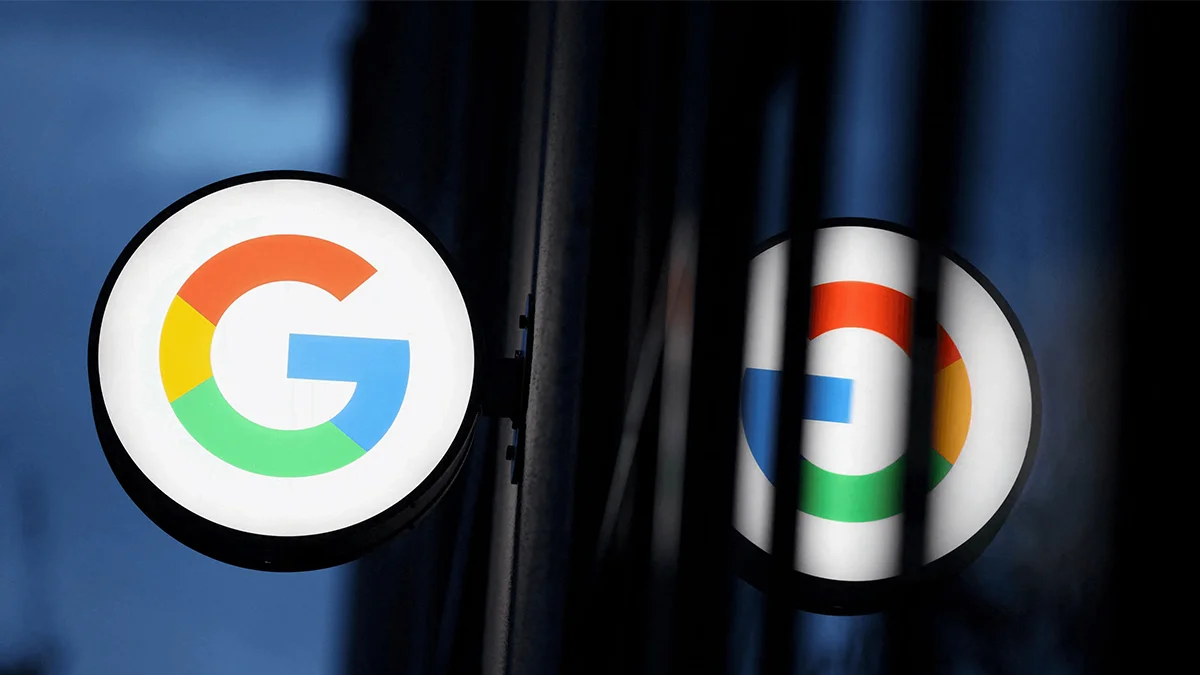Necessary Always Active
Necessary cookies are required to enable the basic features of this site, such as providing secure log-in or adjusting your consent preferences. These cookies do not store any personally identifiable data.
|
||||||
|
||||||
|
||||||
|

Early this week, a seismic ruling was made in the Google antitrust case. A U.S. judge ruled that Google’s search engine has been exploiting its dominance to stifle innovation and quash competition. The judgment was issued by District Judge Amit Mehta.
According to Yahoo Finance, the judgment came close to a year after the trial that pitted the U.S. Department of Justice against Google.
Google’s internet search monopoly trial took 10 weeks. It involved an intensive review of huge volumes of evidence and testimonies from top big tech executives including Apple, Microsoft, and Google. Judge Mehta made a ruling three months after closing submissions by both sides.
“After having carefully considered and weighed the witness testimony and evidence, the court reaches the following conclusion: Google is a monopolist, and it has acted as one to maintain its monopoly,” Mehta wrote in his ruling.
The Judge also said Google’s dominance in the search market is evidence of its monopoly.
“Google enjoys an 89.2% share of the market for general search services, which increases to 94.9% on mobile devices,” the Judge added.
This is the second time a judge or jury has declared Google an illegal monopoly. The first time this happened was in a case that focused on how Google runs the Android app store.
According to the Google antitrust case ruling, the search giant spent billions of dollars to establish an illegal monopoly and became the world’s default search engine. The ruling is the first huge win for federal agencies taking on market dominance by Big Techs.
The ruling is a major setback for the tech giant and its parent company, Alphabet. Google’s Global Affairs President, Kent Walker said the company will be appealing the ruling.
“This decision recognizes that Google offers the best search engine, but concludes that we shouldn’t be allowed to make it easily available,” Walker said.
The ruling vindicates US antitrust regulators at the Department of Justice. The DoJ filed the lawsuit about four years ago and has been escalating it in a bid to rein in Big Tech.
“This victory against Google is a historic win for the American people. No company, no matter how large or influential, is above the law. The Justice Department will continue to vigorously enforce our antitrust laws,” said Attorney General Merrick Garland.
With this ruling out of the way, the next step is to imagine a future where Google isn’t the way we know. This will involve evaluating legal fixes to undo Google’s behavior. A second trial to determine potential fixes will be coming up.
The ruling did not provide remedies. These will be decided separately after the appeal. One of the remedies could mean the loss of the ability to strike device deals by Google. Device deals helped the search engine become universal.
“There are no fines or monetary penalties in these types of cases, but the court will have to decide whether Google should be broken up in some way. More likely, it will order Google to eliminate the exclusive contracts and licensing restrictions that have reinforced its monopoly position for years,” Spencer Weber Waller, Law Professor at Loyola University Chicago said.
The other possible remedy is a split of Google’s parent company, Alphabet. Should this happen, it will alter the digital advertising landscape that Google has dominated for years.